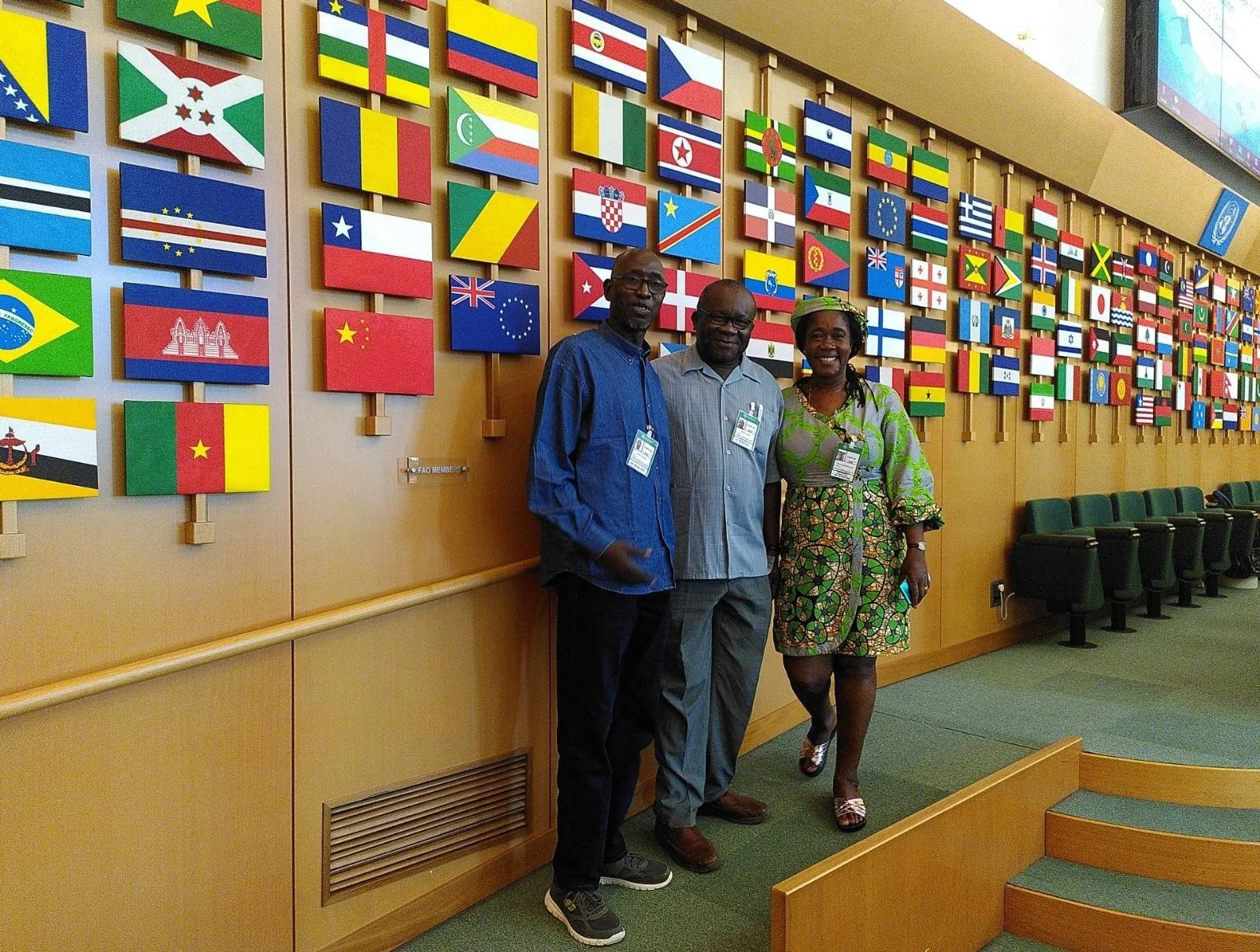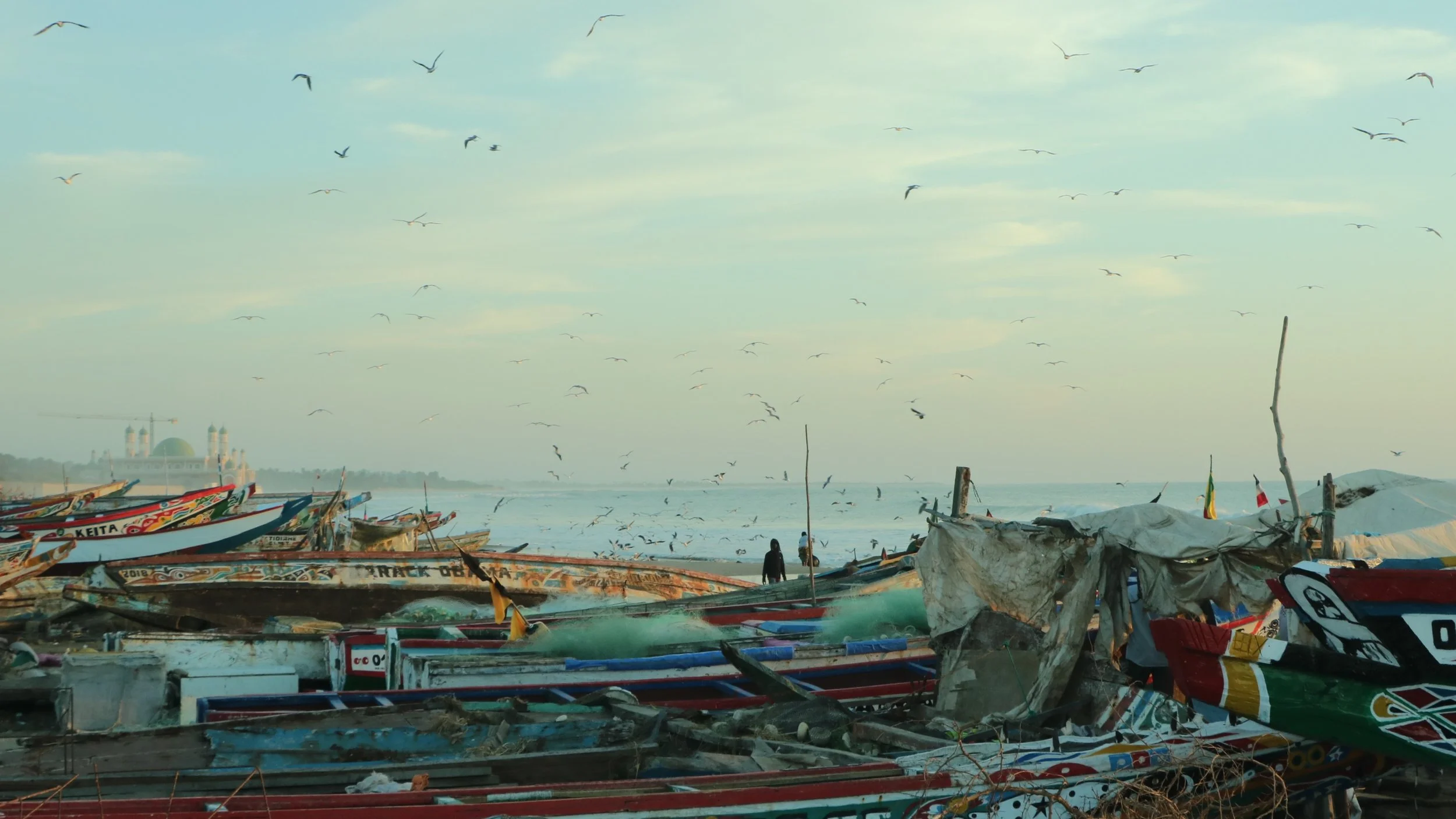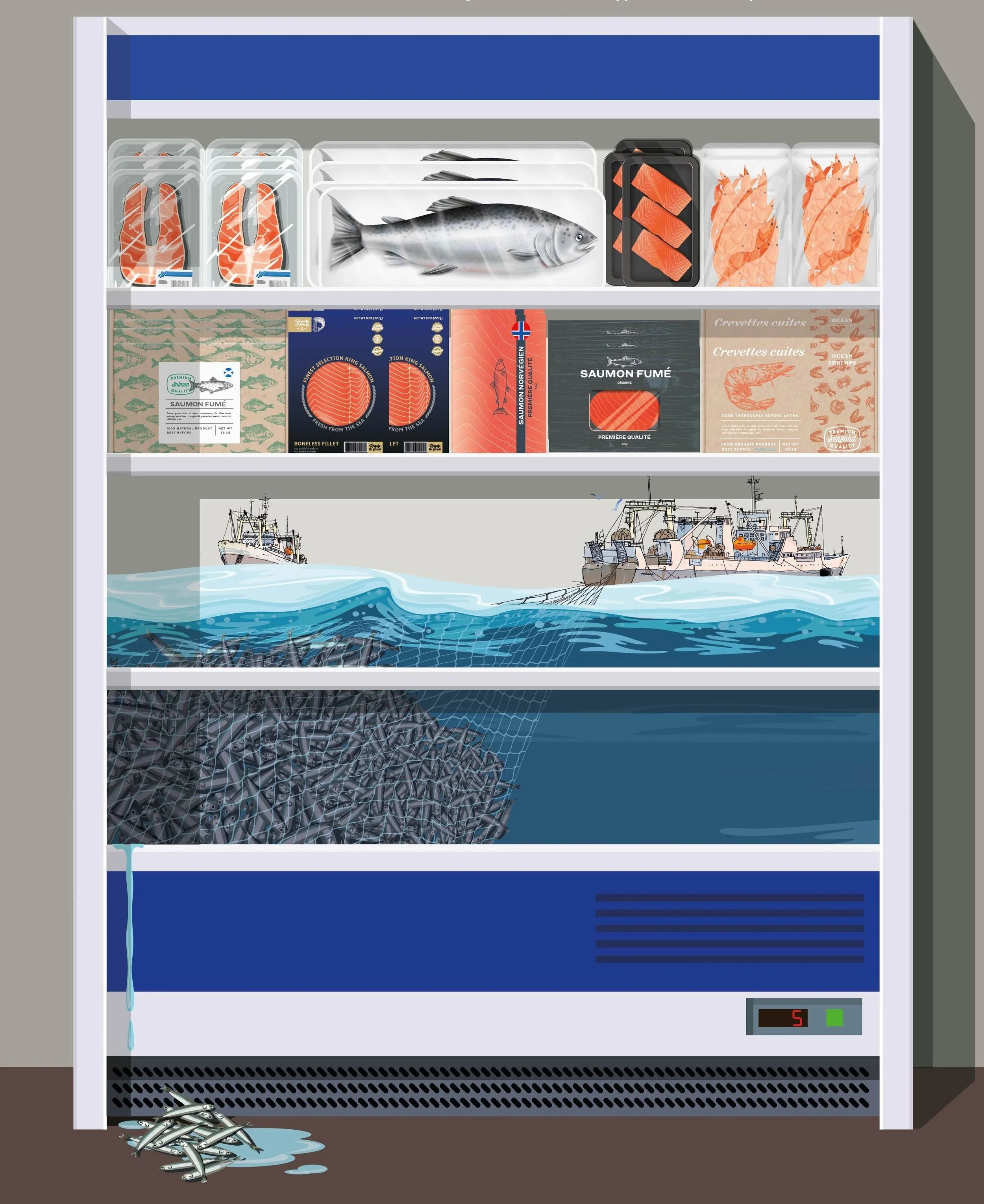The Cypriot commissioner-designate faced the questions of the European Parliament fisheries committee (PECH) regarding the strategic framework which should bring coherence among ocean-related policies, including the Common Fisheries Policy. PECH backed him for his future mandate.
The EU must not support intensive fish farming — it's not sustainable
Senegal's exports of fishmeal and fish oil "explode"
Senegalese civil society outlines the challenges of the new president's programme for small-scale fisheries
UN rapporteur on the Right to Food to governments: “Fishers have the answers to adapt to climate change and you have the tools to uphold their rights”
The message from African artisanal fishers to the FAO: "Sardinella should be reserved for small-scale fishers, for human consumption, not for fishmeal"
The FAO organised a workshop in Accra (Ghana) from 5 to 7 December on the theme: "Optimising food and nutritional security and the benefits of small pelagic species production in sub-Saharan Africa". In a joint presentation, CAOPA and CFFA warned of the impact of the decline in sardinella in West Africa on fishers, women fish processors and consumers.
Accused of greenwashing and opacity, the French company Olvea replies. Is it convincing?
The discussion on Olvea’s role in the exploitation of West Africa small pelagics for fishoil comes as the OECD’s Guidelines for Multinational Enterprises on Responsible Business Conduct have recently been updated and strengthened, to ensure responsible business conduct regarding their impacts across areas such as climate change, biodiversity and supply chain due diligence
OLVEA imports fish oil from West Africa: Greenwashing in action, transparency at a standstill
An episode of ARTE's investigative magazine Sources, entitled “Salmon: a story of smoke and mirrors,” traces the journey of fishmeal and fish oil produced in Mauritania coming to Europe.
COFI 35: “Never has there been such enthusiasm for small-scale fisheries”
Fishmeal and fish oil production in West Africa destroys the region’s resources to the benefit of foreign countries
Looming clouds in the Gambian coastal skies
In this story by Béatrice Gorez and Dawda Foday Saine and first published in the Yemaya magazine in November, the authors look at the obscuring future of women in fisheries in Gambia as the dense fumes of fishmeal factories are being regurgitated into the environment. Fishmeal factories compete with women for access to small pelagics, and encourage overfishing and illegal fishing.
















